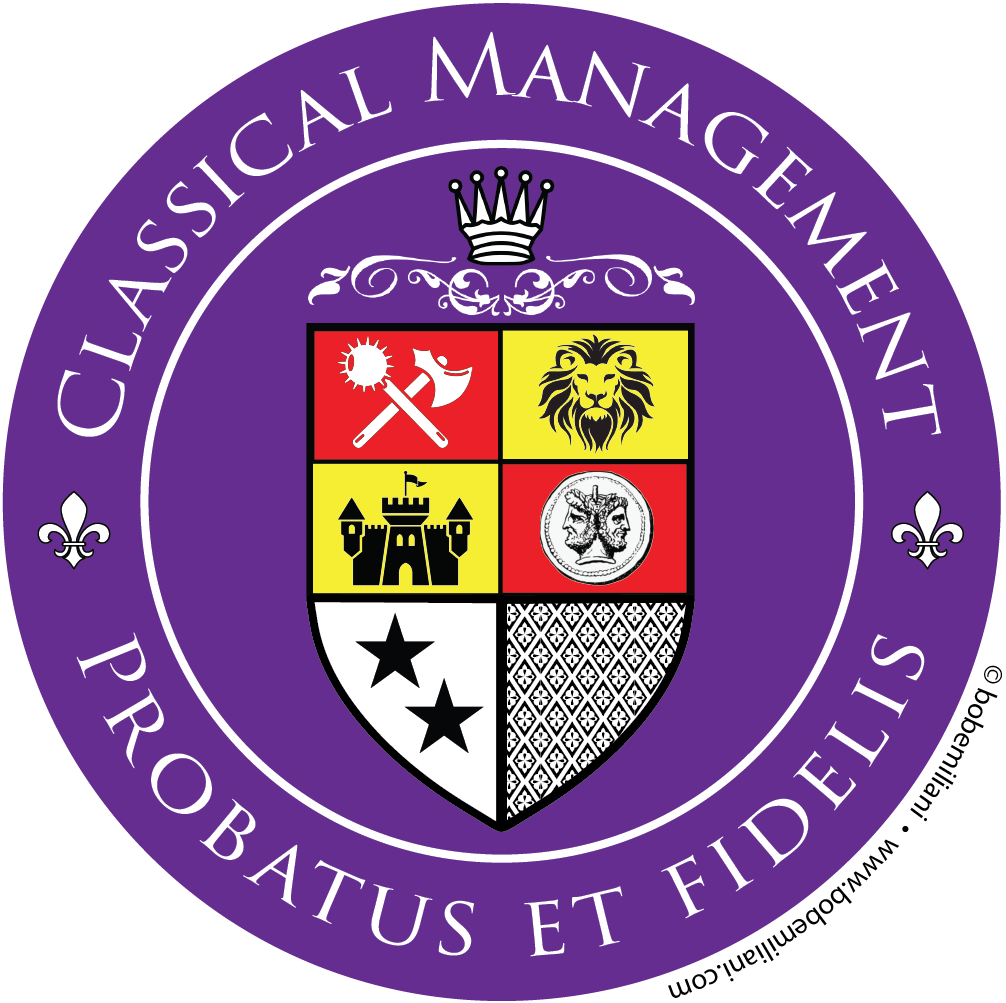In the six books shown at right, I answered the question of why most top leaders throughout time have resisted, rejected, or ignored progressive management. Due to the complexity of the problem, I had to analyze it from six different directions:
- Status, rights, and privilege
- Irrationality
- Secular spirituality
- Aesthetics
- Preconceptions
- Workmanship
This comprehensive analysis shows that the merits of Lean management, strong as they may be, are insufficient rationale for most top leaders to abandon classical management.
In simple terms, top leaders are unwilling to switch brands. They are brand-loyal to classical management. Classical management has long had brand power because it maximizes leaders’ status, rights, privileges, power, and wealth.
As described in the books, status is so important to top leaders that they are concerned that switching brands will result in social disapproval; that their peers will think less of them and thus lead to a reduction in status. This is part of the practical calculus that features prominently in top leaders’ decision-making. They do not see a benefit for them to switch brands, from classical management to Lean management.
Sure, Lean management can produce better business results, but there are dozens of traditional ways to produce better business results without having to bother with Lean. Top leaders may switch brands if they someday become comfortable that doing so will not adversely affect their status. For that to happen, the status value of Lean management must shift from negative to positive before a majority of top leaders will switch brands. But why is the status value of Lean negative?
Lean management lacks the exclusivity and distinctiveness that people high in status treasure. Anyone can “wear” the Lean brand, so to switch brands would merely be to copy people or groups lower in status. Doing that will not not raise top leaders’ status.
Lean management’s largest and most beloved following has always been lower-status salaried professions. Additionally, Lean was created by a much lower-status group, academic researchers at Massachusetts Institute of Technology. Why would top leaders want to associate with that?
What about the Toyota Production System? Would top leaders be more interested in that? No, because while Taiichi Ohno is credited with its creation, it was low-status groups — engineers and workers — who actually created the system. Again, why would top leaders want to associate with that?

In contrast, high-status leaders created classical management, therefore it is their exclusive brand to which they remain brand-loyal. That is why CEOs copy one another. As times change, top leaders make adjustments based on dictates of the time-honored “CEO Playbook.” If some top leaders outsource work, others follow. If some top leaders lay people off, others follow. If some top leaders initiate stock buybacks, others follow. If some top leaders replace people with artificial intelligence, others follow.
Top leaders respond to the needs of the times based on what top leaders before them did or which top leaders invent or create in current times and under current constraints or freedoms. This fulfills the exclusivity and distinctiveness that people with high status treasure.
Classical management was created by top leaders for top leaders. The brand’s cherished features include exclusivity (practices and decisions that only top leaders can make), differentiation, familiarity, quality, utility, practicality, dependability, trust, loyalty (few transgressors), consistency, influence, timelessness, recognition, reputation, and sustained consent by society.
People highest in status, the media (the church in earlier times), and other people and groups recognized as authorities (i.e., economists, academics, etc.) normalize classical management and society reliably accepts it, despite what critics have said through the ages. Their arguments, no matter how sound, are easily dismissed. Thus, various enablers help retain or strengthen classical management’s brand power.
Given these circumstances, do you think can be done to increase the status value of progressive management and decrease the status value of classical management?

